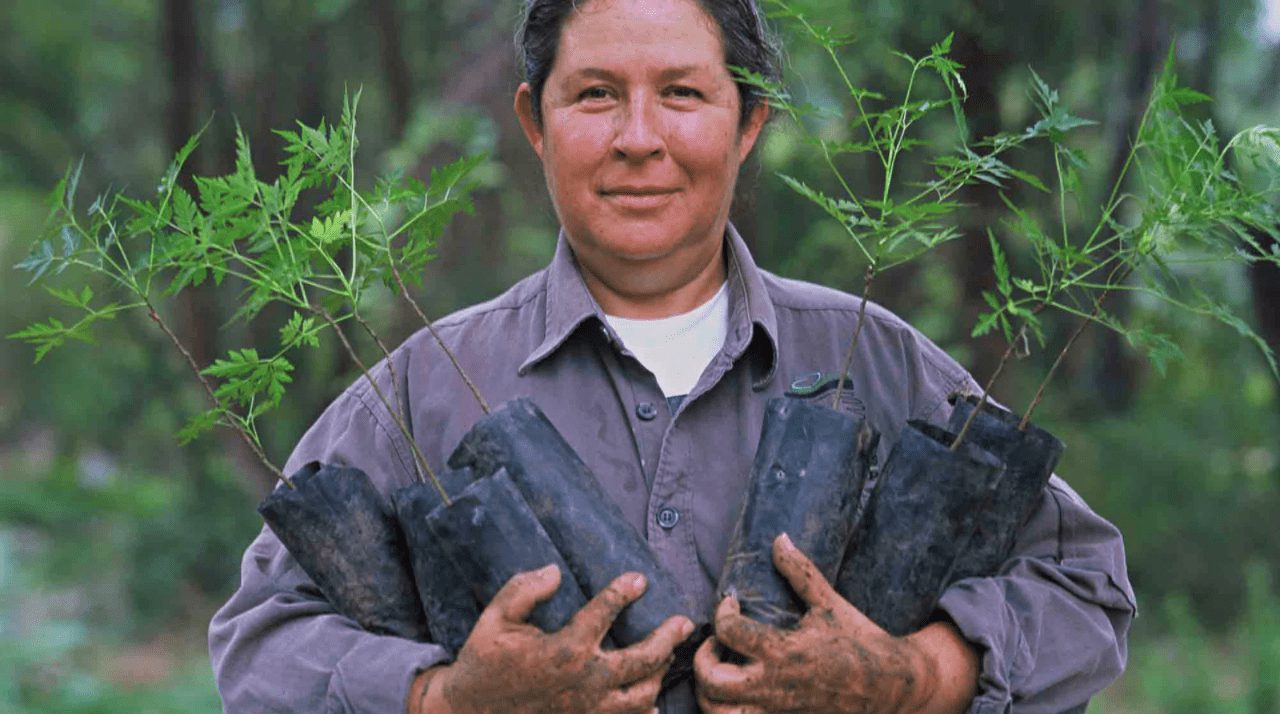For Martha Ruiz Corzo, conservation and economic development for the poor go hand in hand, an ethos she made real in the mountains of central Mexico.
In the backwoods of Mexico’s Querétaro State, Martha Ruiz Corzo has crafted a project of sustainable growth that protects jaguars and butterflies while involving poor families in grassroots democracy. She is raising money to replicate her model of conservation in other regions.
The mountains are greener than ever, and we have more fauna than we’ve had for years. The increase in big animals – the umbrella species – provides evidence that there is more diversity.
A teacher and accomplished musician, she gave up her violin and accordion to take up the challenge of protecting her home environment in the Sierra Gorda mountains where, 30 years ago, forests were disappearing.
Ruiz Corzo set up the Sierra Gorda Ecological Group with her husband and friends in 1987. Ten years later, the group successfully lobbied for the Sierra Gorda Biosphere Reserve; she served for 13 years as Director of the reserve before returning to her grassroots organization, as part of an exceptional public-private co-management system.
Her method of combining conservation with the empowerment of local people earned her a Rolex Award in 2002, which she credits with giving the work critical visibility. Six million trees have now been planted and many of the 100,000 people who live in the area have livelihoods based around ecotourism instead of logging.
Ruiz Corzo, who counts herself “blessed to be of service”, has won numerous awards, including Champions of the Earth, the United Nations’ highest recognition of environmental achievement, the Wangari Maathai Award in 2014, and the National Geographic’s World Legacy in 2016.


